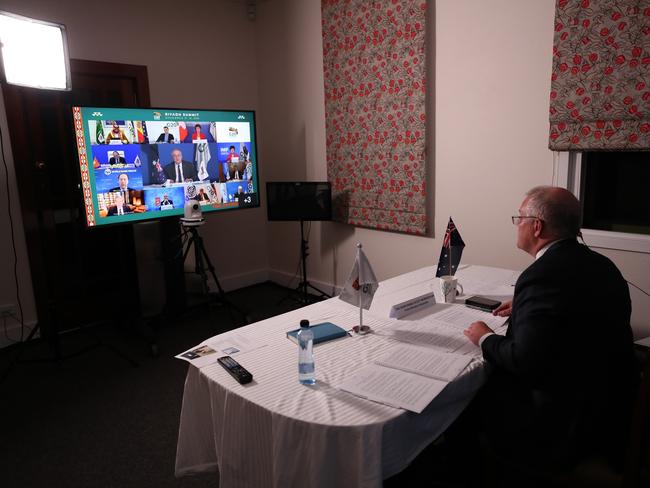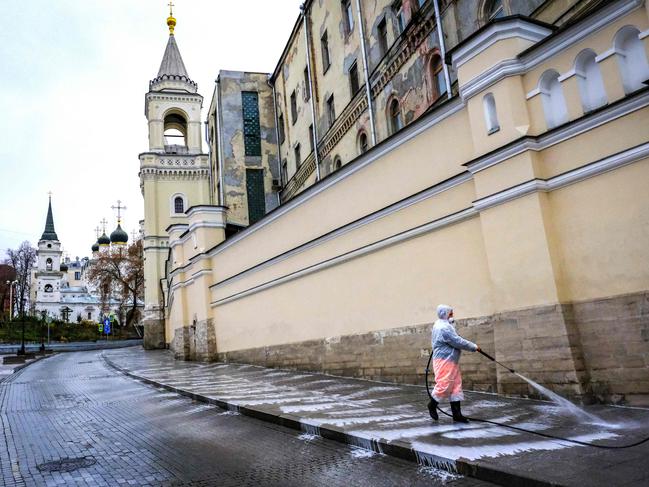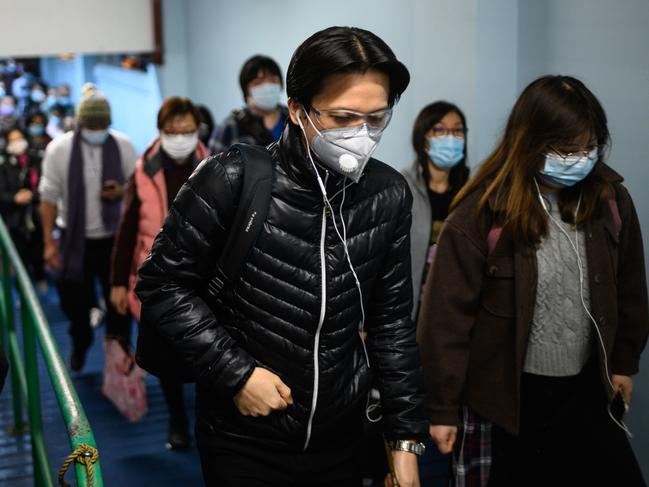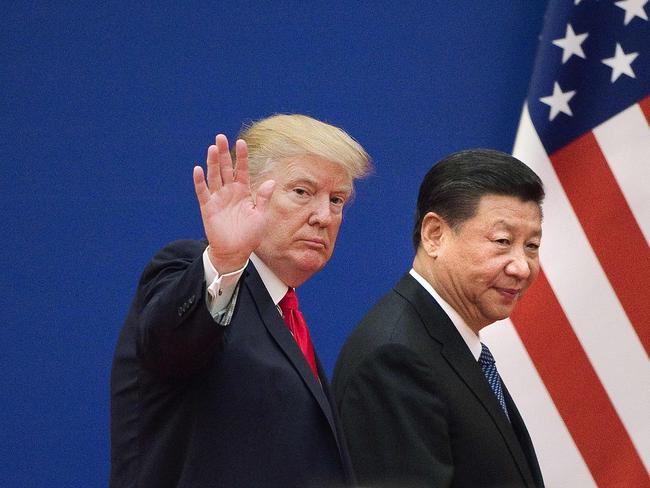PM blames health system failings, not capitalism, for global recession
The world has been hit by an ‘economic meteor’, but health system failings caused the global recession, not capitalism, the Prime Minister says.

Failings in the global public health system sparked the worldwide recession and must be strengthened to avoid a devastating repeat, the Prime Minister has warned.
World leaders met at a virtual G20 summit, hosted by Saudi Arabia over the weekend, to discuss how to tackle the COVID-19 pandemic and facilitate the rollout of a vaccine.
Scott Morrison announced his support for a pandemic treaty, proposed at the G20, to ensure the global community is better prepared next time.
Speaking to a Britain-based think tank on Monday night, he denied the global recession was a failure of international capitalism, which he said would drive the global recovery.

“The world has been hit by an economic meteor in the form of the COVID-19 pandemic and the failings of our global public health system to provide an effective warning and an integrated response,” he said.
“The pandemic recession (was not) the product of the failure of world capitalism or liberal, free market-based values.
“It is these values that have provided the platform for the greatest period of peace and prosperity the world has ever known, and underpinned the global institutions that oversaw it.
“We don’t need to ‘reset’ our economic agenda, we just need to get on with it.”
The pandemic had killed more than 1.3 million people worldwide by Monday night, according to Johns Hopkins University.

The Prime Minister said COVID-19 had also exposed the need for countries to work together, despite new tensions between the United States and China.
He insisted Australia did not want to be “forced into binary choices” between the world’s largest economic and military powers.
“Australia desires an open, transparent and mutually beneficial relationship with China as our largest trading partner,” he said.
“Equally, we are absolutely committed to our enduring alliance with the United States, anchored in our shared world view, liberal democratic values and market-based economic model.”

The comments come against after months of souring relations between Canberra and Beijing, seemingly prompted by Australia’s support for an independent inquiry into the origins of COVID-19.
Mr Morrison said his government was focused on pursuing Australian interests, but its intent had been misunderstood. He called for a more nuanced view of nation-states’ approach to major powers.
“Pursuing (our) interests in the midst of strategic competition between the United States and China is not straightforward,” he said.
“It is made more complex by the assumptions cast on Australia’s actions. Our actions are wrongly seen and interpreted by some only through the lens of the strategic competition between China and the United States.
“It’s as if Australia does not have its own unique interests or views as an independent sovereign state. This is false and needlessly deteriorates relationships.”

He praised China for “pulling more people out of poverty” than any other country, saying “Australia is pleased to have played our role … through the development of the Chinese economy”.
The Prime Minister also spruiked Mathias Cormann’s bid to become Secretary-General of the OECD, lauding his former Finance Minister as a “compelling package”.
“(He is) a German-speaking Belgian native, who studied in French and Flemish. Mathias emigrated to Australia at the age of 24 to become, in time, Australia’s longest serving Finance Minister,” he said.
“So he brings a unique perspective bridging Asia, the Americas and Europe.”


